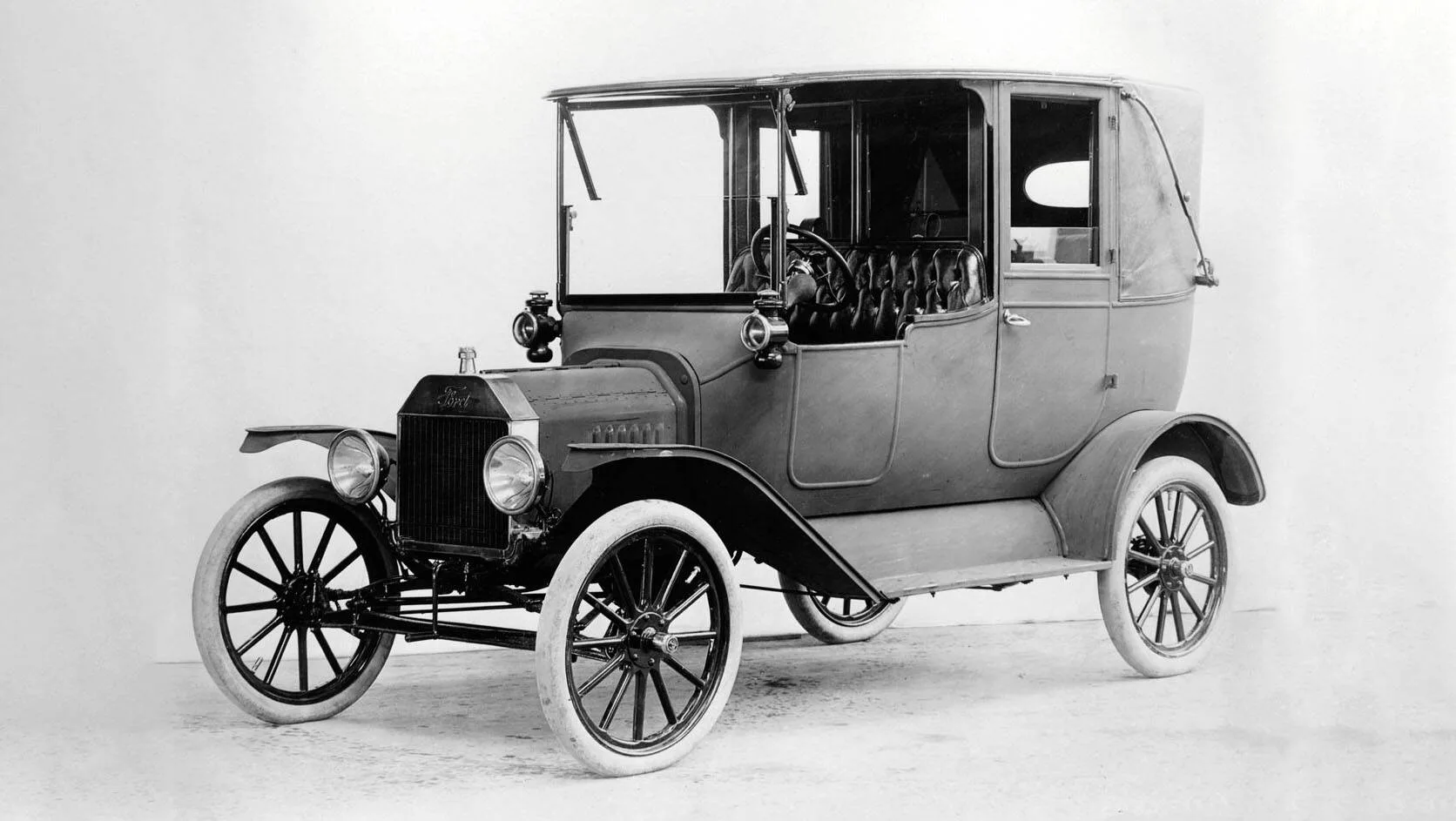The question of when the first car was made is more complex than it seems. While many believe it was Henry Ford, the reality is the automobile’s history stretches back further than the Model T. Let’s dive into the fascinating journey of the car’s invention.
A Look Back: Before the Internal Combustion Engine
Before we get to the “first” car as we typically envision it, it’s important to understand the groundwork laid by earlier inventions. Steam-powered vehicles were developed as early as the late 18th century. Nicolas-Joseph Cugnot’s fardier à vapeur, a steam-powered tricycle designed for hauling cannons, lumbered onto the scene around 1769. While not exactly a car, it’s recognized as one of the first self-propelled road vehicles.
Early Experiments: Paving the Way for the Automobile
Throughout the 19th century, innovators continued to experiment with various designs. Some were steam-powered, others electric, and some even used compressed air. These early attempts, while often impractical, were crucial steps toward developing a reliable and practical automobile. Imagine the buzz these contraptions must have created – a world on the cusp of a transportation revolution!
The Birth of the Internal Combustion Engine Car: Who Gets the Credit?

When was the first car made using an internal combustion engine, the type that powers most cars today? This is where things get interesting. Karl Benz’s Patent-Motorwagen, developed in 1886, is widely regarded as the first practical gasoline-powered automobile. This three-wheeled marvel was more than just a horseless carriage; it represented a paradigm shift in personal transportation.
Karl Benz vs. Gottlieb Daimler: A Friendly Rivalry
Around the same time, Gottlieb Daimler and Wilhelm Maybach were making their own strides in engine development. While their first motorized carriage came a bit later, their contributions were equally significant. Their high-speed petrol engine paved the way for the modern automobile engine. It’s like asking who invented rock and roll – there are multiple key players who contributed to the genre.
Why is 1886 Considered a Pivotal Year?
Why is 1886 often cited as the year the first car was made? Benz’s Patent-Motorwagen was granted a patent in that year, marking it as a significant milestone. It’s important to remember that innovation is rarely a singular event, but rather a continuous process.
The Impact of the First Cars
The first cars were undeniably a luxury, available only to the wealthy. But their impact was far-reaching. They sparked a revolution in transportation, manufacturing, and even social dynamics.
“The invention of the automobile didn’t just change how we move, it changed how we live.” – Dr. Eleanor Vance, Automotive Historian
The Evolution of the Car: From Novelty to Necessity
From those early, sputtering contraptions, cars have evolved dramatically. From the Ford Model T’s assembly line production to the sleek, computer-controlled vehicles of today, innovation continues to drive the automotive industry.
What Does the Future Hold?
The journey of the car is far from over. With the rise of electric and autonomous vehicles, we’re on the verge of yet another revolution. Who knows what the “first car” of the future will look like?
“The automobile is a testament to human ingenuity, constantly adapting and evolving to meet our ever-changing needs.” – Mr. James Carter, Automotive Engineer
Conclusion
So, when was the first car made? While pinning down an exact date is complicated, 1886 is generally recognized as the birth year of the modern automobile, thanks to Karl Benz’s groundbreaking Patent-Motorwagen. From steam-powered behemoths to the sleek vehicles of today, the history of the car is a fascinating testament to human ingenuity. The next time you turn the key or push the start button, take a moment to appreciate the long and winding road that led to that moment.
FAQ
Who invented the first car? Karl Benz is widely credited with inventing the first practical gasoline-powered car.
When was the first gasoline-powered car made? 1886 is generally accepted as the year the first practical gasoline-powered car was made.
Were there cars before the gasoline engine? Yes, there were steam-powered vehicles and other experimental designs before the internal combustion engine.
Why is the Patent-Motorwagen significant? It is considered the first practical gasoline-powered automobile and received a patent in 1886.
Who was Gottlieb Daimler? A German engineer and industrialist who also played a crucial role in the early development of the automobile, particularly the internal combustion engine.
How have cars evolved over time? From basic designs to complex, computer-controlled machines, cars have evolved significantly in terms of technology, safety, and efficiency.
What is the future of cars? The future likely involves electric and autonomous vehicles, further transforming the automotive landscape.





